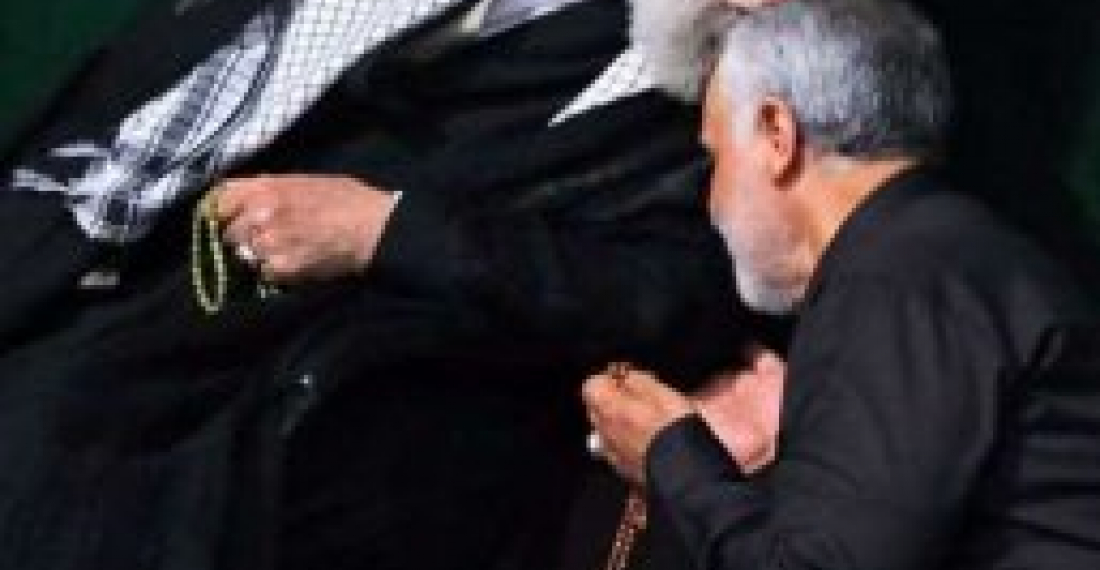This is a commentary prepared by the political editor of commonspace.eu.
The killing of the head of the Iranian Revolutionary Guard Corps "Quds Force", in a US military operation authorised by president Donald Trump has greatly inflamed an already tense situation around Iran, and will have consequences for its neighbours to the west and South - the Gulf countries and the countries of the Mashreq, as well as to those in the north and east, in the Caucasus and Central Asia. General Qasem Soleimani was not just another soldier. He embodied the ideological essence of the Islamic Republic of Iran, and in terms of importance in the country was probably second only to the spiritual leader Ayatollah Khamanei.
Iran has been in a permanent state of revolution for forty years, and often does not play by the rules of international diplomacy. But its actions and decisions are much more thought through and calculated than some of its critics sometimes give it credit for. The killing of Soleimani will test this assumption to the limit.
The Iranians are proud people. Not all of them have sympathy with the clerical regime that rules them. Some are distinctly opposed to it, most others prefer to co-exist. Yet most Iranians would see the killing of Soleimani as a national affront, and will support their government if it decides to somehow retaliate. Donald Trump has perhaps done the impossible - and united the Iranian people.
Yet more killings are not going to solve the problems of Iran, or of the Middle East. This is a dangerous moment for world peace. All efforts must be exercised to stop the situation from escalating, and eventually for a restoration of political dialogue between Iran and its opponents.
This commentary was prepared by the political editor of commonspace.eu
photo: Iranian spiritual leader Ayattolah Khamanei and General Qasem Soleimani,
The views expressed in opinion pieces and commentaries do not necessarily reflect the position of commonspace.eu or its partner







